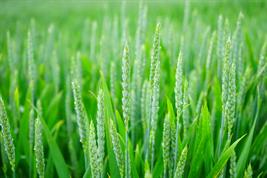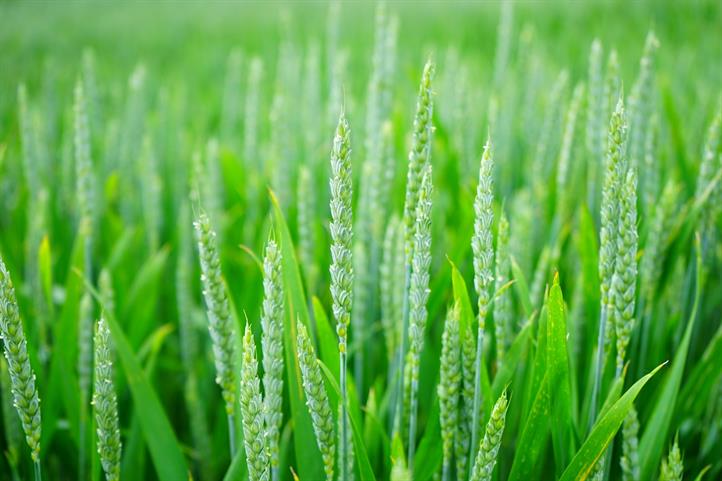08.02.2019
Press Release

In March, the research project VolCorn starts that is funded by the Leibniz Association with about one million euros over the next three years. Four non-university research institutes coordinated by the Leibniz Centre for Agricultural Landscape Research (ZALF) will investigate how wheat can be better protected from pests and herbivory by the formation of volatile organic compounds under climate-associated stresses.
In 2018, agriculture in Germany suffered from an unusually hot and dry summer. Many farms suffered hardship – the Federal Ministry of Food and Agriculture (BMEL) estimates their losses at around 770 million euros. Extreme weather events such as flooding, drought and heat are increasingly threatening grain crop production in parts of Europe. Extreme weather fosters plants susceptibility to pests and herbivory – yields decline.
The scientists of VolCorn aim at a better understanding and specific use of the plant’s own defences, which are associated with the microbes living on and in the plant. The researchers assume that this microbial community, the so-called microbiota, has the capability of protection of the plant from diseases or herbivory in a stress situation. This is comparable to humans who consume healthy food for improving their intestinal microbiota and thus their state of health. The microbes on the plants may foster their immune response and nutrient supply, according to the researchers. The microbes interact with the volatile organic compounds (VOCs) formed by the plant.
The aim of the project is to identify those VOCs that are produced by the entire plant microbiota system for the protection of the plant from stress. “If we succeed in identifying these VOCs, then we might breed new wheat varieties and specifically introduce microbes that produce particularly large amounts of these VOCs during certain growth phases. This would make the plants more climate-resistant and would stabilize the yields in the future”, says Steffen Kolb, coordinator of the project at ZALF.
 Press Release as PDF
Press Release as PDF
 VolCorn website
VolCorn website
Project Partners:
- Leibniz Centre for Agricultural Landscape Research (ZALF, Co-Ordination, Muencheberg, Brandenburg)
- Leibniz Institute of Vegetable and Ornamental Crops (IGZ, Grossbeeren, Brandenburg)
- Leibniz Institute of Plant Genetics and Crop Plant Research (IPK Gatersleben, Saxony-Anhalt)
- German Centre for Integrative Biodiversity Research (iDiv) Halle-Jena-Leipzig (Leipzig, Saxony)
Image
For downloading the pictures please click on a picture and use the icon.


By means of self-formed organic compounds, wheat can better protect itself against the stress of heat or flooding. | Quelle: © CC0 – Creative Commons.| Image source in color and print quality: http://www.zalf.de/de/aktuelles
